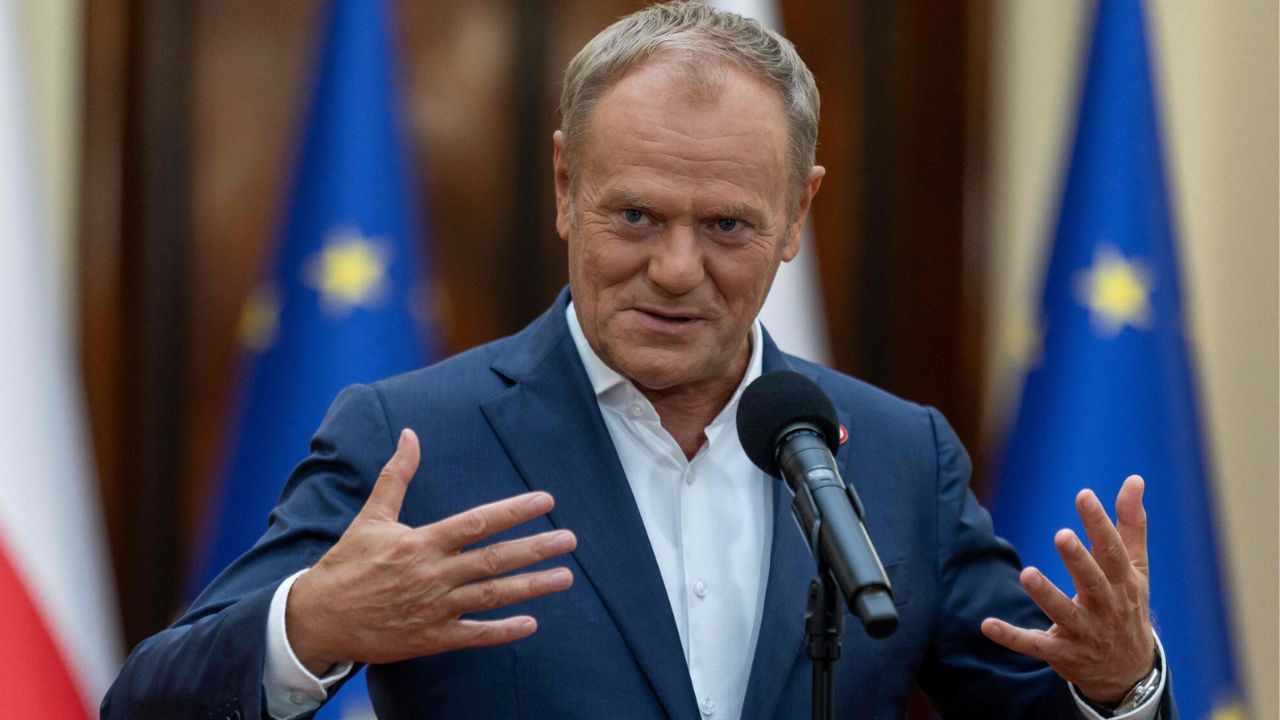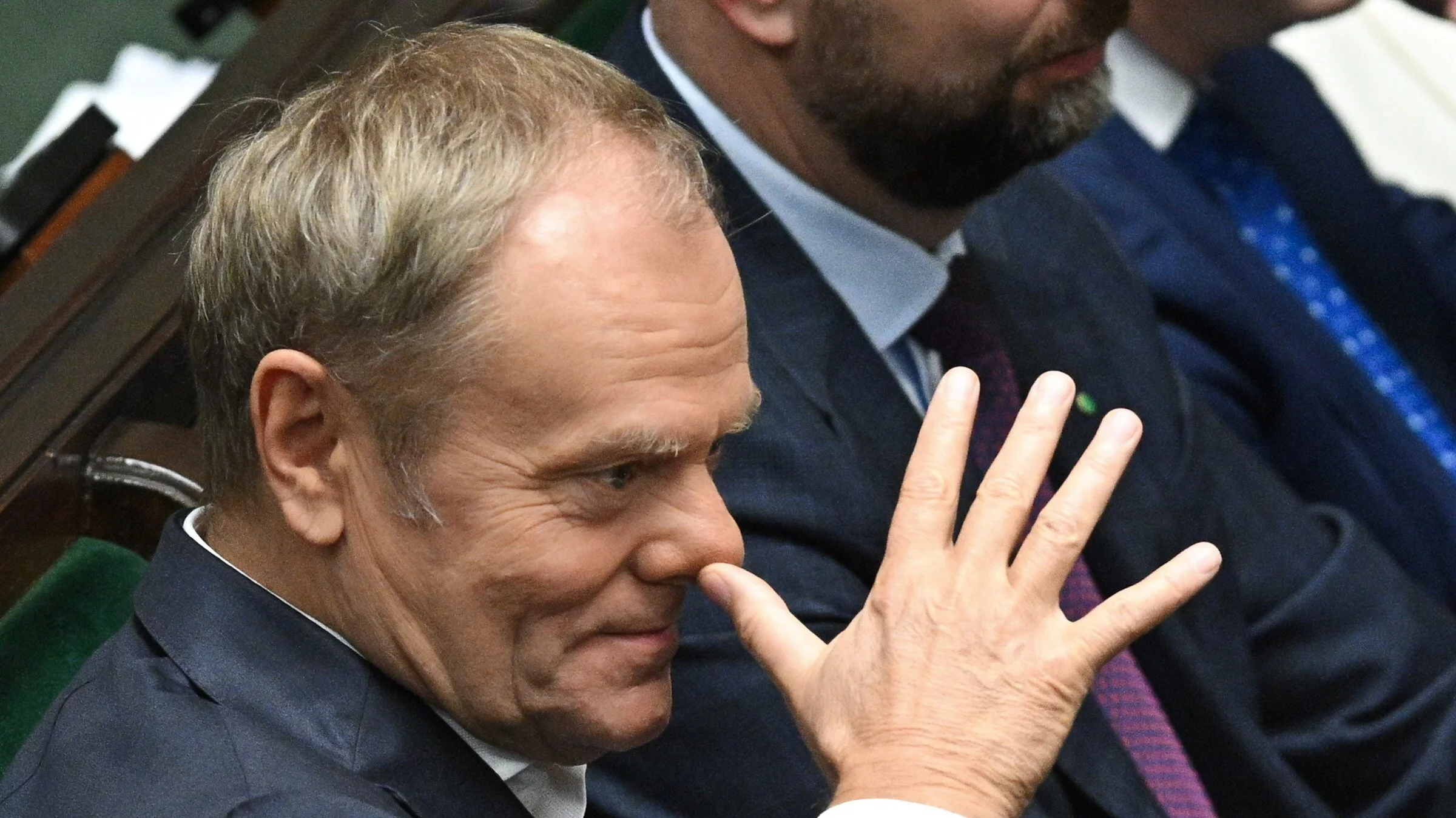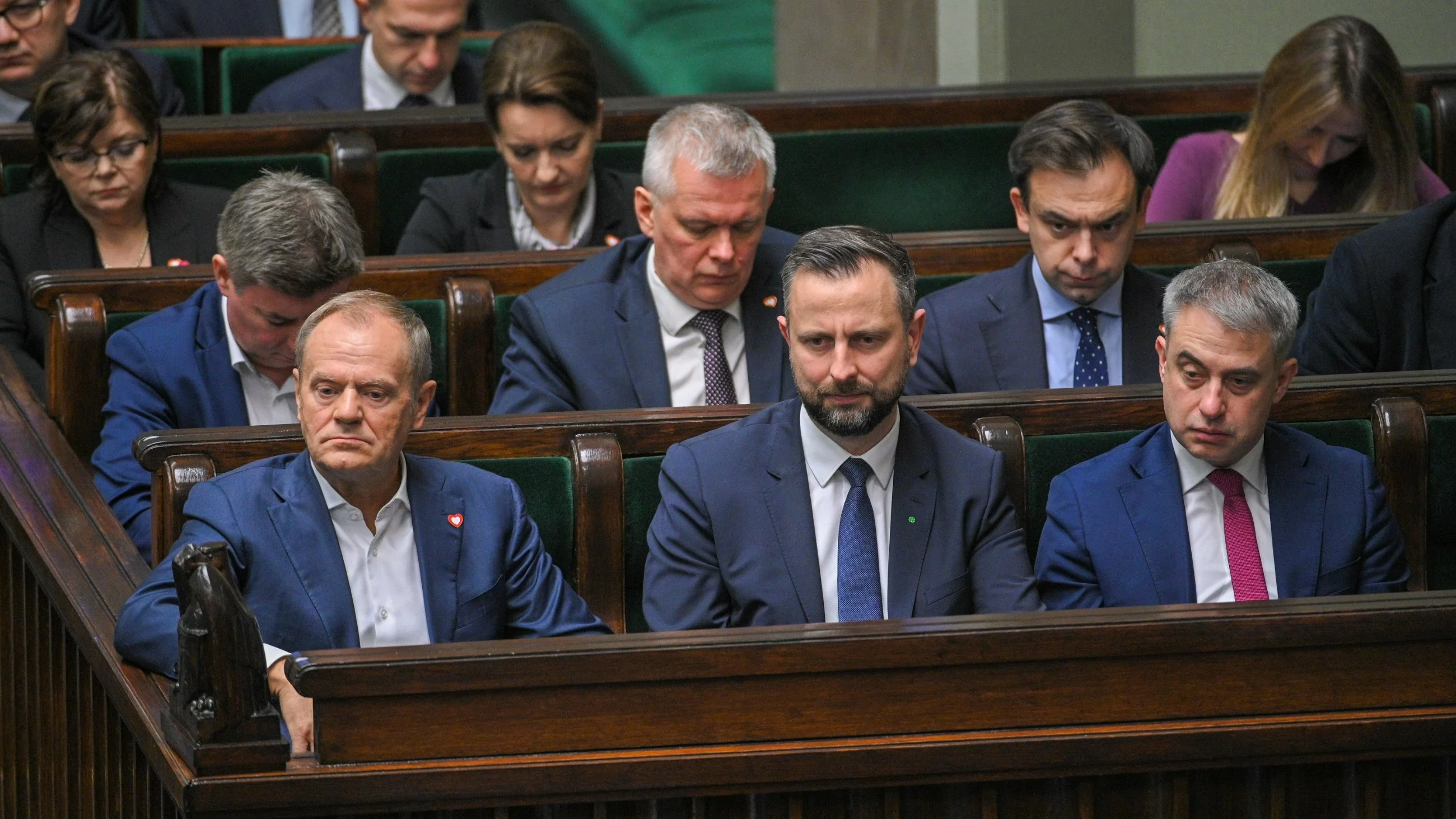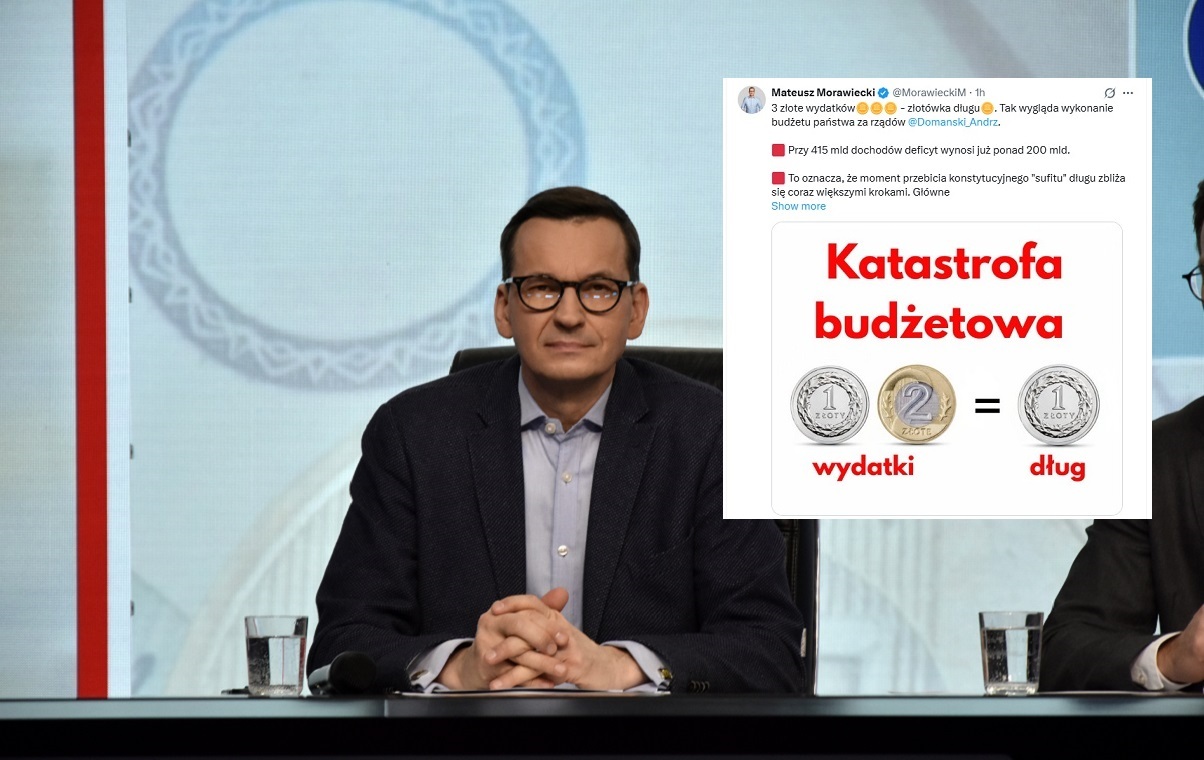The results of the 13th edition of the Word of the Year plebiscite, organized by the Institute of Polish Language of the University of Warsaw, were announced on 4 January. In the vote of the netizens the word prevailed elections. and the body of linguists chose the expression Artificial intelligence.
By the end of December there was a vote in the Word of the Year competition 2023. As in erstwhile years, plebiscite participants could choose a word from the list or make their own proposal. Among the words to choose from are: cracker, grenade launcher, MP, election, patodeveloper, inflation And others.
Voting in the competition organized for the thirteenth time by the University of Warsaw was conducted utilizing the form available on the website == sync, corrected by elderman ==. Regardless of the net users' vote, the selection of the most crucial words of the last 12 months was besides performed by the jury of the competition.
Most crucial in 2023 artificial intelligence and elections.
Chapter Selection
The body of linguists under the patronage of the Council of Polish Language in this year's edition of the plebiscite chose the expression Artificial intelligence. In the second place of this vote the word was placed electionsand on the 3rd ex aequo words inflation and Member.
Other words/expressions reported by the Chapter are: march, marshal, minister, opposition and a patodeveloper.
Selection of net users
The word of the year was besides chosen by netizens who gave more than 6,000 votes in the plebiscite. The word won elections, second place took expression Artificial intelligenceand the 3rd word inflation.
In the net vote, the ceiling of 1 100 votes besides exceeded the words: patodeveloper, grenade launcher, guests, opposition and referendum.
The plebiscite results were announced on 4 January during an online press conference at the University of Warsaw.
The recording is available on the university profile on YouTube >>
Linguistics comments on selected words
Artificial intelligence
ArtificialIntelligence It's, of course, a calculus of English. articleintelligence. The large dictionary of the Polish language of the Polish Academy of Sciences defines it this way: “a division of computer sciences active in investigation and improvement of computer programs that can execute certain activities requiring human intelligence.”
It can already be seen present that it leads to applications that we have not yet dreamed of, and it is hard to foretell where this technology will lead us.
Prof. Renata Przybylska (UJ)
Artificial intelligence It's a field of computer discipline or a more complex computer program, a squad of algorithms that execute activities like an intelligent man. We do not decide whether programs like Chat GPT truly work intelligently, or just mimic and match data. The language gives them that first ability.
In English connection Artiffical intelligence appears in the 1950s, in the Polish Artificial intelligence appeared in the 1980s – of course in Lem (in the fresh Fiasco) – and became popular in the press in the 1990s.
In Polish, this word evokes richer associations than in English, due to the fact that itself Intelligence is not only the ability to think, but besides the human group. Among the most common twenty-century noun collocations Intelligence There are not only adjectives Achievable, emotional Is that right? artificial, but and Catholic, progressive is city (for: nkjp.pl).
It's personal. Intelligence It's gone. Today's the most crucial thing. Artificial intelligence. The fact that it was deservedly made a word (expression) of the year 2023, is evidenced by the graph of attendance in the media over the last 5 years (for phraseo.pl).
Prof. Marek Łaziński (UW)

Elections
Word elections It clearly reflects the fact that in political and social terms it was the most crucial event in Poland in 2023 and thus a very crucial word in the past year. In linguistic terms, this is simply a noun in the category Pluralia tantum, formed by stiffening forms of plural noun selection in a fresh meaning function, i.e. to name a ‘organised action in which people entitled to vote choose their representatives’. The word comes from the verb choose/choose and has native, praslavian genesis. In a specialised sense, it refers to an act that means that individual has ‘decided/decided (in a prescribed way) that individual is to occupy an office or to service a function’. Elections are a word at the heart of the conceptual category related to the policy and organisation of the state and 1 of the forms of governance, namely democracy.
Patodeweloper
Patodeweloper wins in the category of names of phenomena peculiarly socially undesirable and condemnable. The word contains a characteristic pato– isolated from the basic word pathology, originally meaning learning about diseases, from gr. pathhos ‘suffering’ + logos ‘science’ and then developing its meaning towards the following meaning ‘irregular phenomena occurring in society’. Hence, only a step towards creating names of specified "diseased" phenomena by joining the associate pato- for example. patointeligence, patocelebrates, patowork, patostreamer, patotourist etc.
Prof. Renata Przybylska (UJ)
Minister, Member
In 2023, feminists were peculiarly common in the media guests, Member and Minister. The first noun was discussed by journalists inviting guests (guests) to the studio. In turn, many people sat in the fresh Sejm Membersand fresh government Ministers.
A word Member We have been arguing with interruptions since 1918. A 100 years ago, it was established that this was the case – from the name sent(a) – we will call the female chosen for the Sejm and until 1989 they said so. Only later did this form begin to interfere with those who seem to defend tradition. Minister It's a comparatively fresh form. Even women's supporters wonder if it would be better to be more regularly formed MinisterBut it's besides a tradition that's shorter. Form Minister She was spreading Isabella Jaruga Nowack's time, and I think she'll stay that way. Minister was already among the words of 2012 (then Joanna Mucha spoke of herself).
Remember that the feminists in the dictionary and their usage in texts are 2 different problems. Let us make certain that all men's names of professions and functions have female counterparts, but in the text strategies for utilizing male and female forms may be different.
Prof. Marek Łaziński (UW)
Inflation
Inflation is simply a drop in money and rising prices, Latin inflatio meant ‘overextension’. In Polish, this noun has been present for a 100 years, first recorded in the Doroszewski dictionary. From a specialized language of economics to a regular language, this noun entered the time of the crisis of the 1980s. Come on. crisis was frequently on the podium of plebiscites of the year in Poland and in the world, this more specialized inflation appears in the Polish plebiscite for the first time. Inflation was the word of the year 2022 in Austria.
Prof. Marek Łaziński (UW)

















